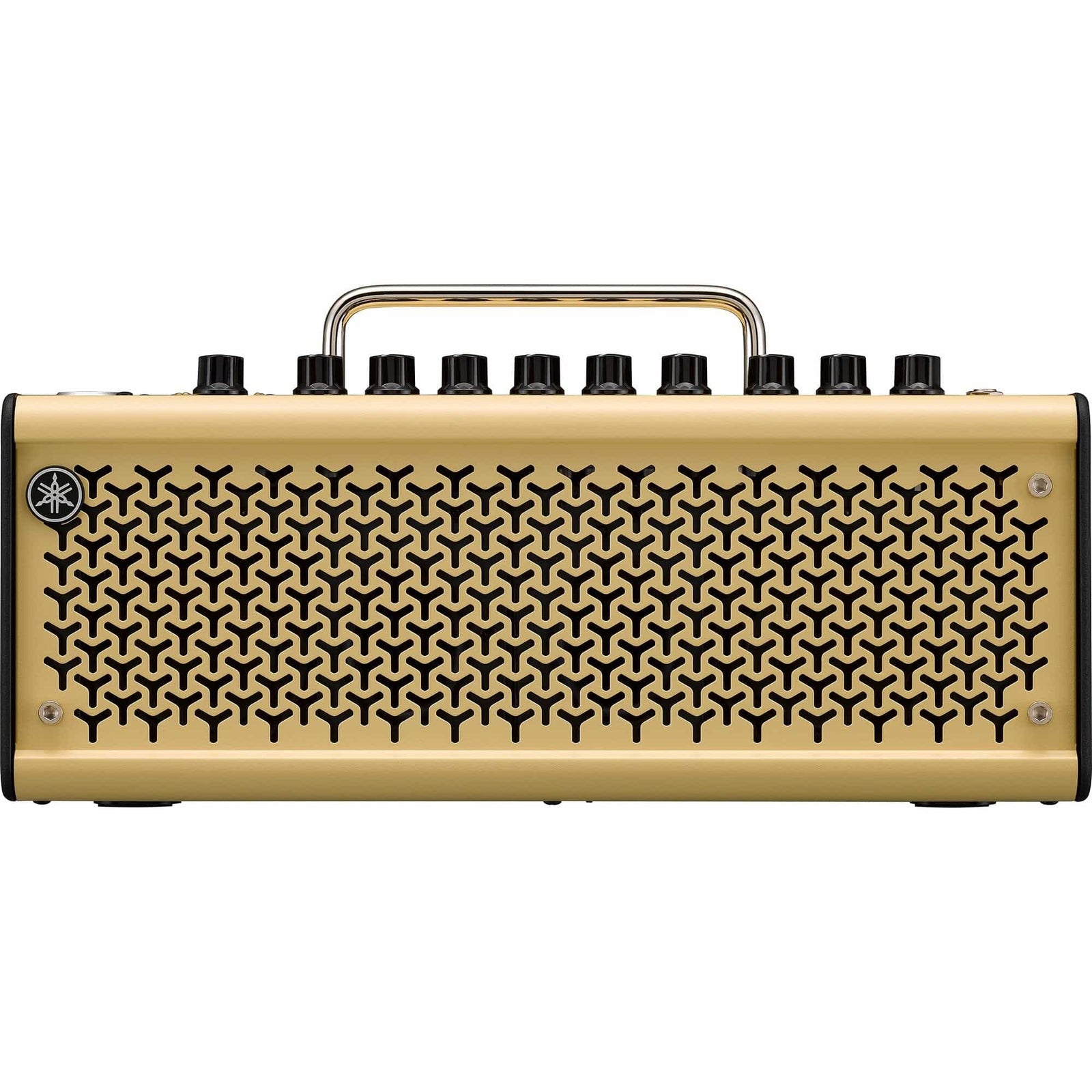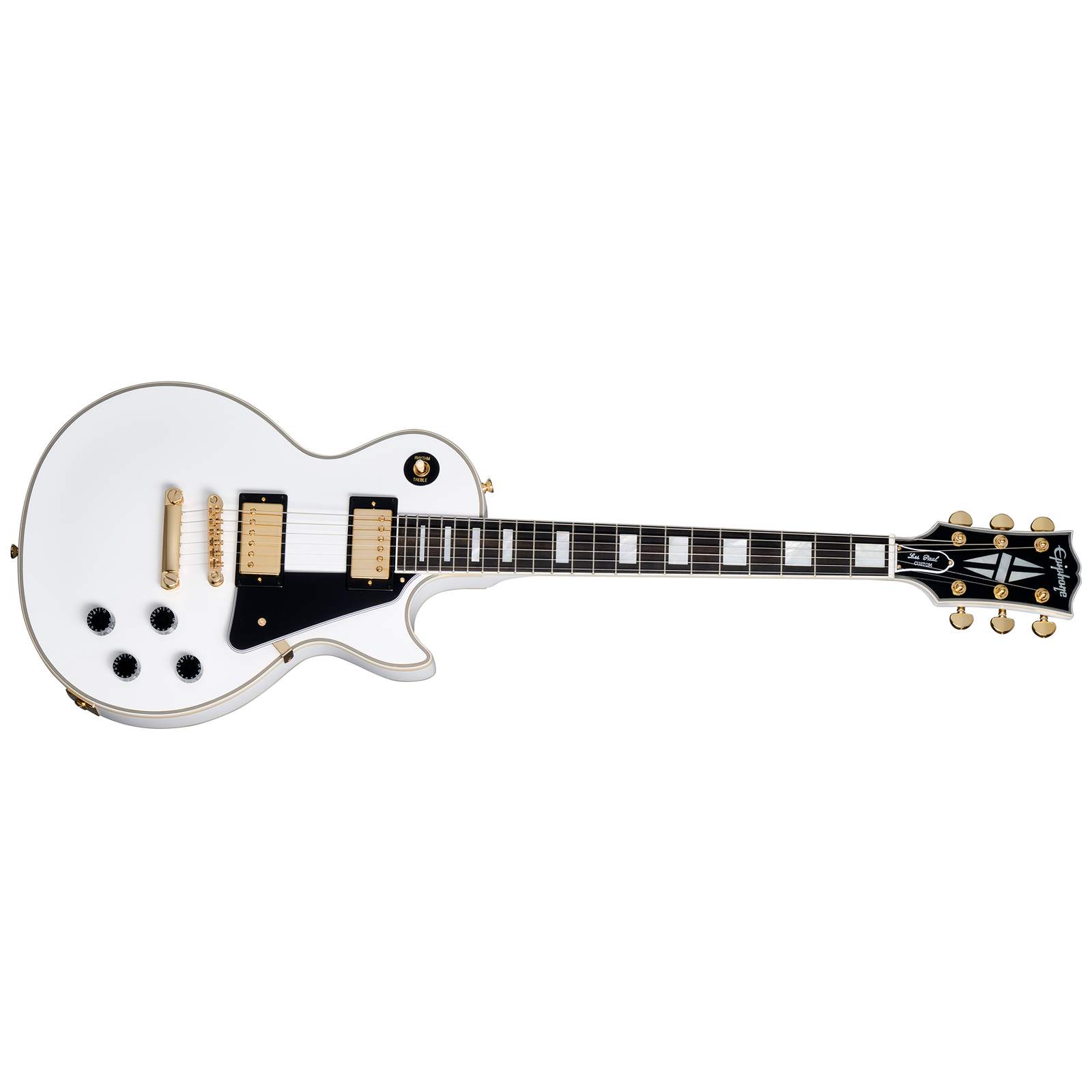Have you ever dreamed of learning guitar but figured the ship had sailed? Maybe you thought it was something you had to start as a kid, or that your fingers were too stiff, your schedule too packed, or your window of opportunity had closed.
But here’s the good news: it’s absolutely still within reach.
More adults than ever are picking up the guitar and discovering something powerful. Music doesn’t just enrich life, it helps you thrive. Whether you’re a retiree looking for a creative outlet, a parent in need of "me time," or someone who’s always wanted to play, this journey is 100% yours to take.
Let’s break down seven real-world reasons why starting guitar later in life is not only possible, but rewarding.
1. Music Keeps Your Brain Active
Learning guitar engages your brain in ways that support long-term cognitive health. From memorizing chord shapes to keeping time with a metronome, you're working areas of your brain that affect memory, attention, and coordination.
Studies have shown that learning an instrument can help slow age-related mental decline, improve working memory, and even strengthen the connections between the two hemispheres of the brain. That means better multitasking, sharper recall, and increased mental agility.
For adults, this isn’t just about staying sharp — it’s about growing. Every time you pick up the guitar, you’re learning a new language. That keeps the mind curious, flexible, and young at heart.
2. You’ll Build Confidence — One Chord at a Time
Let’s be honest: most of us don’t get enough wins as adults. Work, family, and responsibilities fill our days, but how often do we get to feel the thrill of doing something totally new?
That’s where guitar comes in.
Learning to play gives you visible, audible proof that you’re improving — even if it’s just getting a G chord to ring out clearly. That progress boosts your confidence, and that confidence spills over into other areas of life. You start thinking, “If I can do this, what else can I try?”
And yes, you can do this.
You don’t need to play fast, read sheet music, or become a performer. You just need to enjoy the process and let the small victories stack up.
3. Guitar Playing Supports Physical Health — Even If You Struggle with Chords
You might not think of guitar as physical therapy — but for your hands and fingers, it really can be.
Frequent playing helps improve finger dexterity, hand strength, and fine motor control. That’s especially valuable as we age and want to keep our hands nimble for everything from opening jars to typing.
But what if playing chords is just too painful due to arthritis or other hand limitations?
That’s where tools like the ChordBuddy come in. This device attaches to your guitar neck and lets you press color-coded buttons instead of forming complex chords with your fingers. It allows you to start strumming real songs immediately, building rhythm and musicality without the physical frustration. It’s a great option for seniors, those recovering from hand injuries, or anyone who wants to ease into guitar at their own pace.
We carry the Chord Buddy at Guitars on Main, and it’s helped some of our students stay on the path to playing despite physical limitations.
And beyond your hands, guitar also supports good posture and breathing. Sitting or standing with proper alignment while playing reduces tension, and breathing deeply as you play helps you stay calm and centered — benefits that ripple through your day.
4. Music Brings People Together

One of the biggest hidden benefits of learning guitar is the community it opens up.
Adult students often find themselves connecting with others in ways they didn’t expect — through group classes, online forums, open mic nights, or just jamming with friends and family. Music creates shared experiences, and that connection can be a powerful antidote to loneliness or isolation.
You don’t need to be a performer to enjoy this. Playing a song around the campfire, leading a holiday singalong, or learning alongside your grandkids creates memories that last a lifetime.
And if you're an introvert? Don’t worry — playing solo still connects you to the broader world of music and helps you express things that words sometimes can’t.
5. Learning Fits Your Life and Goals
Forget rigid music school models — modern guitar instruction is incredibly flexible. You can take private lessons, join group classes, follow online tutorials, or use an app. The path can be as structured or relaxed as you like.
Adult learners often bring focus and intention to their practice. They know what kind of music they love, and they’re not chasing perfection. They’re chasing joy.
And a good teacher will meet you there — helping you play what you love, not forcing you through endless drills or songs you don’t care about.
Maybe your goal is to play around the house, write your own songs, or finally learn to solo over a 12-bar blues. No matter what you're aiming for, your lessons can be built around you.
6. Music Adds Meaning to Everyday Life
Practicing guitar isn’t just about improving — it’s about creating something personal. Every chord you strum is a break from routine, a reset button, and a form of expression.
This becomes especially powerful in adulthood, when life can feel repetitive or weighed down by responsibility. Music brings lightness. It makes you pause, breathe, and feel.
You don’t need to write a hit song. You just need to play something that makes you smile. That’s the reward — not the applause, not the perfection — just the personal joy of making music.
Over time, playing becomes something you look forward to. A space that’s yours. A source of energy and inspiration.
7. Real Role Models Prove It’s Possible
You’ve probably heard stories of people finding their musical stride later in life. B.B. King didn’t hit international fame until his 40s. Susan Boyle stunned the world with her voice in her late 40s. But beyond those famous names, thousands of everyday adults — teachers, engineers, parents, retirees — are picking up the guitar and making it part of their daily lives.
At Guitars on Main, we’ve seen it firsthand: students in their 50s, 60s, and beyond finding real joy, confidence, and connection through music. Many wish they’d started sooner — but none regret starting.
Because what matters most isn’t when you begin — it’s that you begin.
Final Thoughts: Why Not You?
Guitar lessons aren’t just for kids. They’re for anyone who wants to grow, express themselves, and experience life more fully.
If you’re worried about finger pain or difficulty forming chords, tools like the Chord Buddy can help you get started without frustration. It’s about finding a way that works for you — and enjoying the ride.
Whether you’re learning at your own pace at home or joining a class here at the shop, every strum is an investment in yourself. Your creativity, your well-being, your happiness.
So why wait? Pick up that guitar. We’ll help you make it happen.




